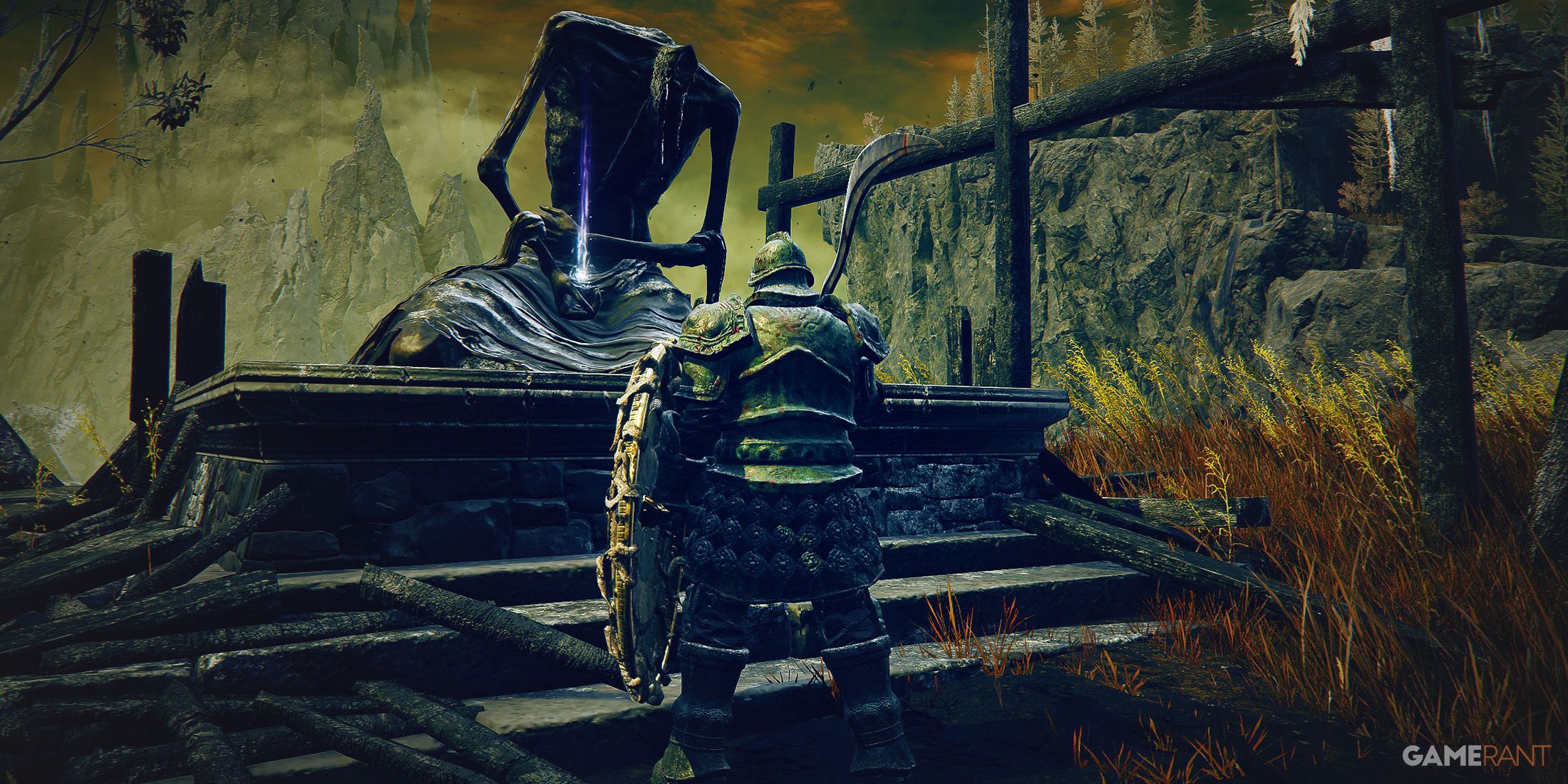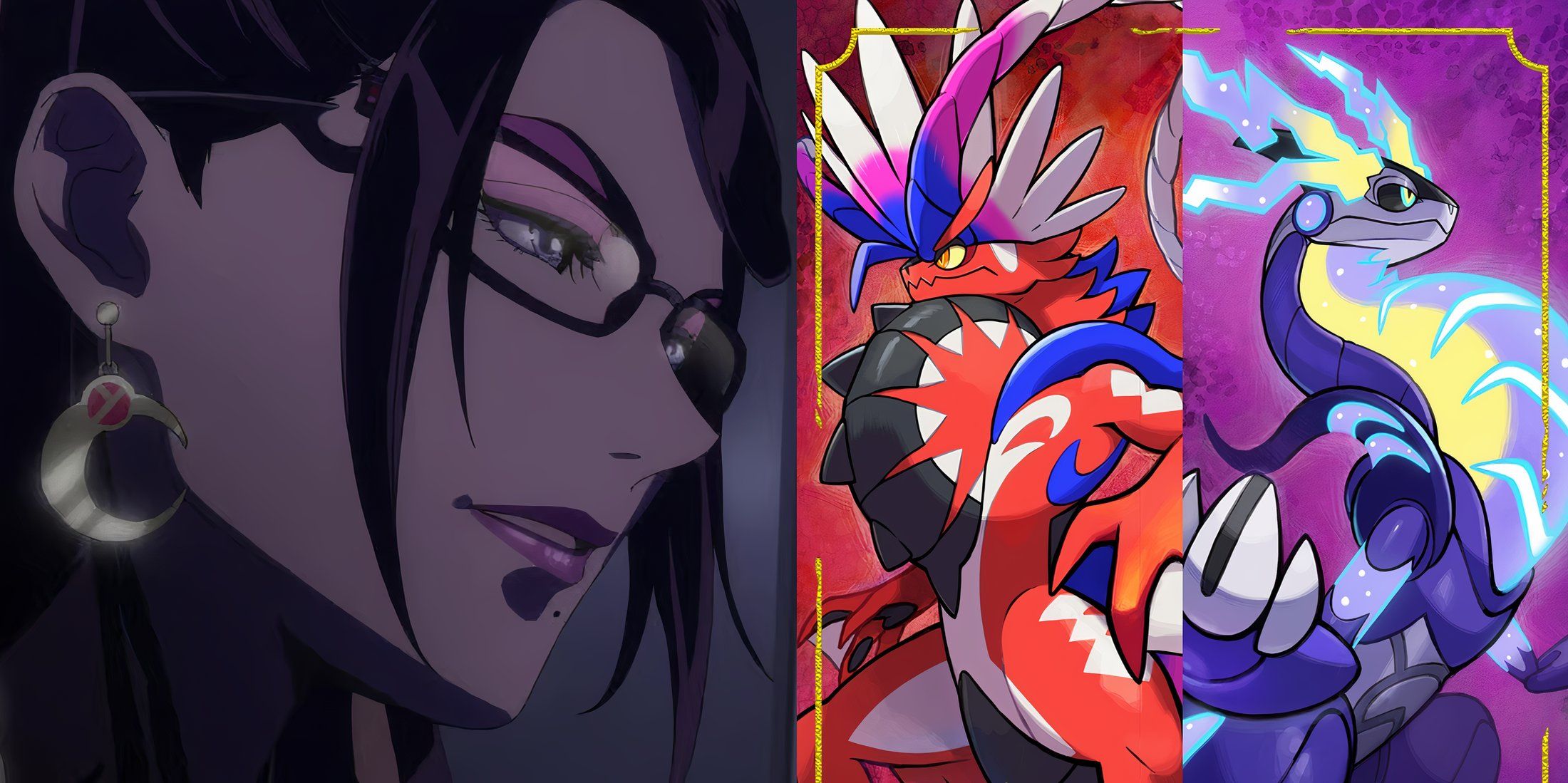Highlights
- Dragon's Dogma 2 offers 10 diverse vocations, promoting player freedom and experimentation with different classes.
- The vocation system in Dragon's Dogma 2 breaks RPG norms by allowing easy class switching without penalties.
- The game's unique Augment system grants player freedom and customization, setting a new standard for RPGs.
Capcom's Dragon's Dogma franchise is known for its in-depth character customization. Dragon's Dogma 2 now enters the fray with 10 vocations this time, some of which were introduced by its predecessor and others that are specific to the sequel. These classes have undoubtedly been one of Dragon's Dogma 2's best selling points, primarily due to the number of them available and the diverse gameplay options they provide. However, while Dragon's Dogma 2's vocations certainly add a lot of value to the game, the vocation system as a whole functions in a way that should arguably become the RPG standard.
Dragon's Dogma 2's vocation system functions differently than many other modern RPGs. Whereas most RPGs keep players locked into one class for the entirety of the game, Dragon's Dogma 2 allows players to keep their options open, simultaneously encouraging them to experiment with any of the game's classes whenever they choose to. This essentially allows players to enjoy everything the game has to offer without requiring them to create multiple characters — a feature that tends to fail other RPGs.

Dragon’s Dogma 2 Doubles Down on Elden Ring’s Open-World Formula
Dragon's Dogma 2's open world takes the best cues from Elden Ring and tailors to a sense of discovery becoming increasingly rare in open-world games.
How Dragon's Dogma 2's Vocation System Works
There are a total of 10 vocations for players to choose from in Dragon's Dogma 2, four of which are starting vocations and the rest of which are advanced and hybrid vocations. While many players probably consider it their goal to unlock the game's advanced and hybrid vocations as soon as possible, each class still has its merits. The beauty of Dragon's Dogma 2's vocation system lies in the flexibility it offers, even from its early game. Even as players unlock some of Dragon's Dogma 2's late-game vocations, they can still revisit some of the earlier ones at any time and at little cost.
Once players unlock one of Dragon's Dogma 2's vocations, either by simply progressing through the game or finding the NPC who can teach it to them, they need only to spend a small amount of Discipline Points (which are gained through defeating monsters and completing quests) to acquire it. From there, they can swap to that class at any time via the Vocation Guild and will only be required to don that vocation's class-specific weapons and armor. This can be done as many times as players want, without any penalty.
Why Dragon's Dogma 2's Vocation System Should Be the RPG Standard
Modern gamers crave a certain level of freedom in their games, especially when it comes to the role-playing genre and the customization of their character. Dragon's Dogma 2 hands that freedom to players on a silver platter, all but obligating them not to get stuck in one playstyle and to experiment with different classes. Most RPGs have players choose their character's class upfront and then provide little wiggle room beyond that class.
Most of the time, to experience every class an RPG has to offer, players have no choice but to play through the game multiple times with different characters, but that is not so in Dragon's Dogma 2 .
Augments are another creative way Dragon's Dogma 2 gets around the class lockdown problem, as any Augments learned by any vocation can be applied to every other vocation as well. Skill trees in RPGs are often limited to one class or another, rather than allowing players to create hybrid classes of sorts, which is essentially what Dragon's Dogma 2's Augment system allows.
The immense freedom provided by Dragon's Dogma 2's vocation system is why it should set a new standard for the role-playing genre. As gamers continue to crave more customization to further personalize their characters, Dragon's Dogma 2 should be acknowledged as a standout example of player freedom and be allowed to establish a new mold for the future.




